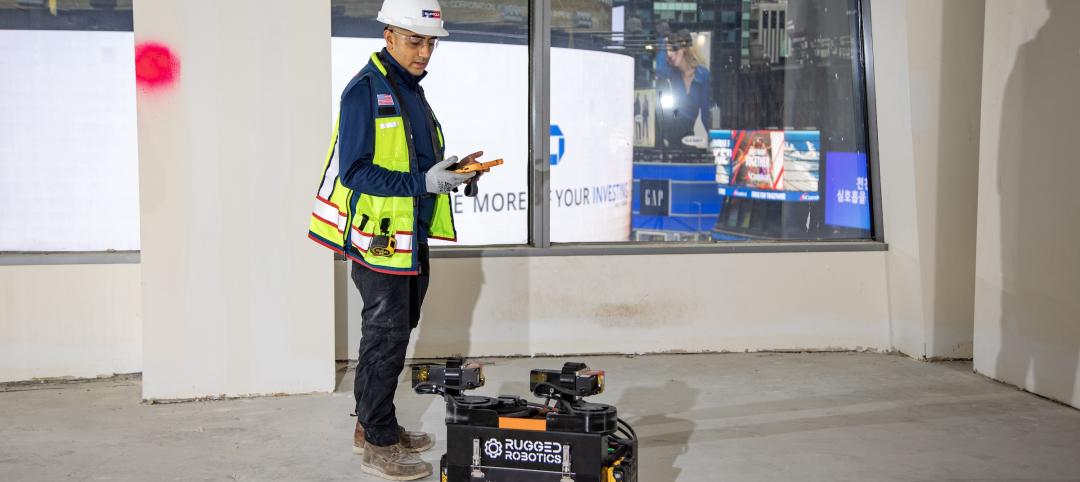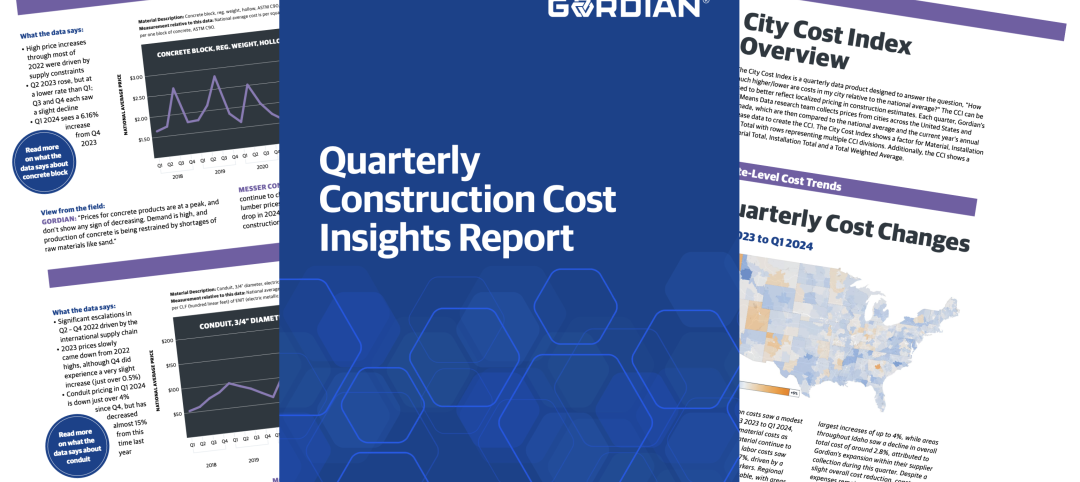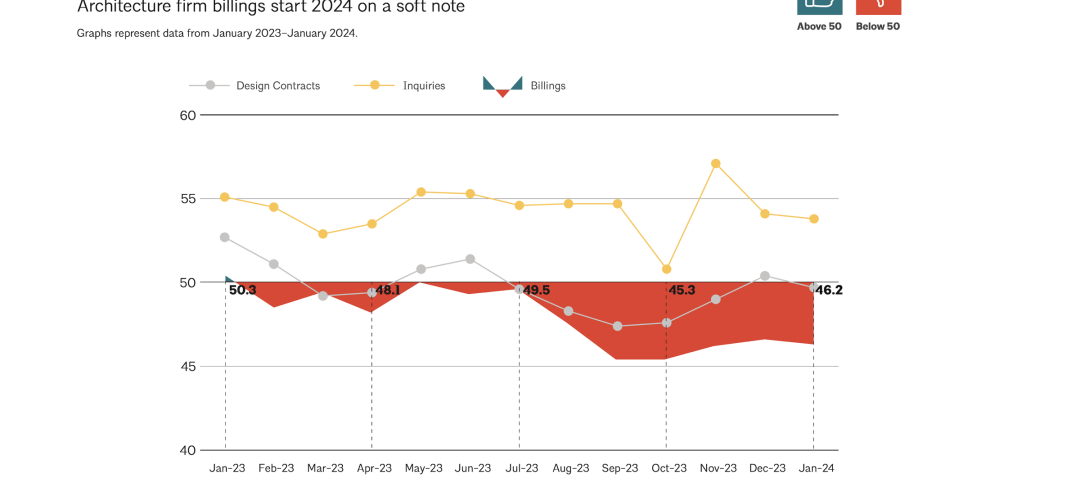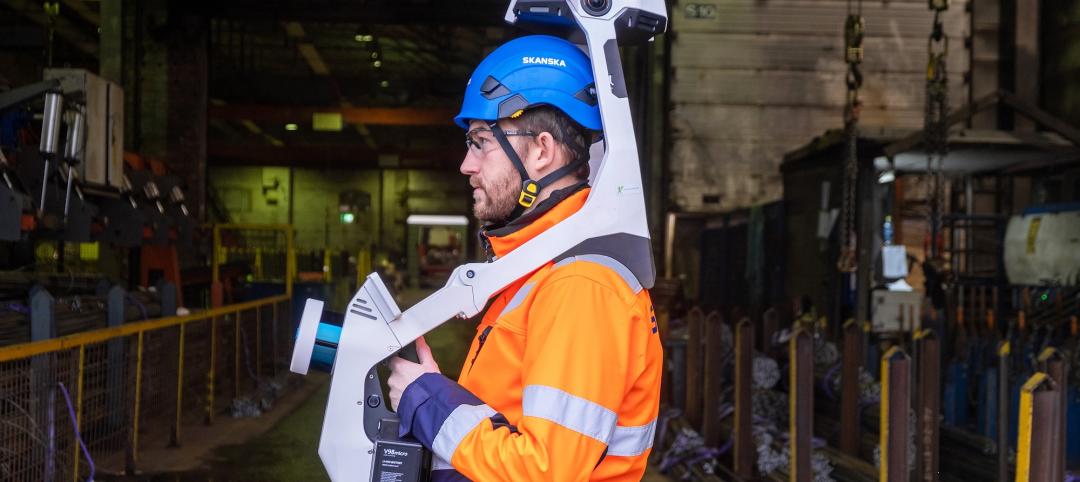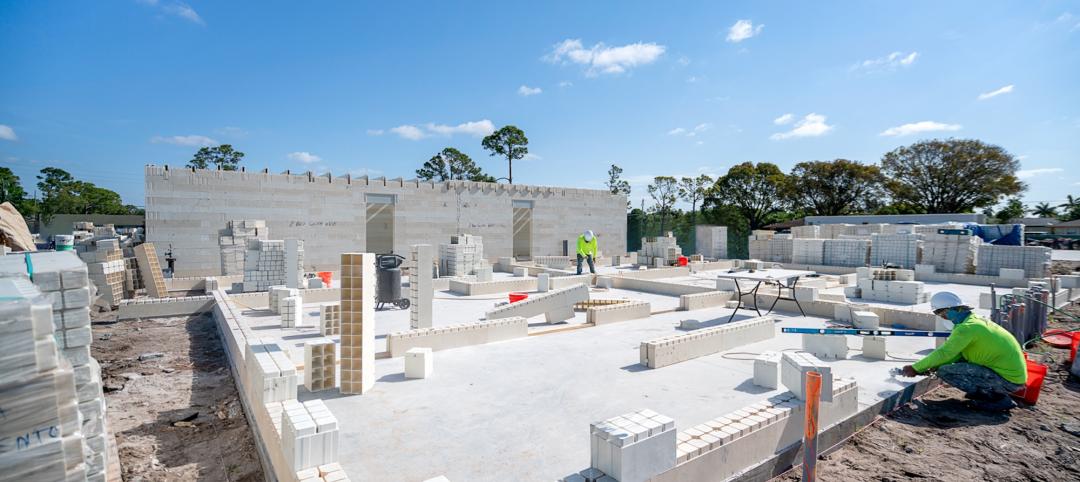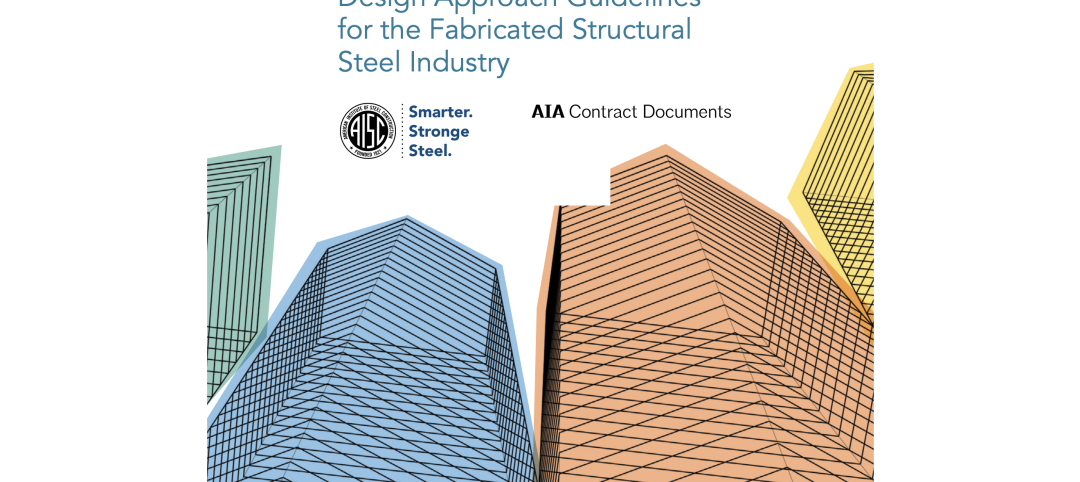About a year ago, Education Credit Management Corp. Group (ECMC Group), a nonprofit organization, finalized its acquisition of more than 50 Everest and WyoTech campuses from the now-defunct Corinthian Colleges chain. To execute that transaction, ECMC Group launched a subsidiary, Zenith Education Group, which provides career school training. This acquisition created the largest nonprofit career college system in America.
Upon closing this deal, Zenith began implementing key improvements in program quality, affordability, completion and job placement rates, and accountability and transparency.
Among Zenith’s initiatives was its Campaign for Innovation, sponsored jointly by ECMC Foundation and ECMC Innovation Lab, to encourage creative, actionable, and measurable ideas from campus employees about promoting student success. Greg Schuman, an electrician instructor at Zenith’s Tampa, Fla., campus, submitted an idea for Zenith to partner with the National Center of Construction Education and Research (NCCER) to be able to offer students NCCER certification upon their completion of electrician, HVAC, carpentry, or plumbing training.
Zenith’s 20-hour-per-week, nine-month program will give students much of what they need to know in order to be workforce day-one ready. And with the certification from the industry recognized NCCER, Schuman believes students who complete this program should be able to skip entirely the classroom part of any apprenticeship.
The Foundation liked Schuman's idea, and gave him a $36,095 grant to get his proposal off the ground. Next month, 15 of Zenith’s instructors will convene in Tampa to start learning to become NCCER-certified trainers.
Tampa is one of the nine Zenith campuses with building-trade programs that will offer this certification. The others are in Orange Park, Fla.; South Plainfield, N.J.; Chesapeake, Va.; Southfield, Mich.; and the Texas campuses at San Antonio, Arlington, Austin, and Houston.
In an interview with BD+C, Schuman explained that traditional apprentice trade programs typically involve both in-classroom and in-field training that can take several years to complete. “What we’re doing is frontloading the technical instruction part so the students will already have the classroom training” when they get hired.
Zenith’s 20-hour-per-week, nine-month program will give students much of what they need to know in order to be workforce day-one ready. And with the certification from the industry recognized NCCER, Schuman believes students who complete this program should be able to skip entirely the classroom part of any apprenticeship.
A knowledgeable, trained student is a valuable asset to construction firms at a time when their industry is flourishing and qualified workers are in shorter supply.
The Associated General Contractors of America (AGC) reported last week that the construction industry added 125,400 nonresidential jobs in 2015, a 3.2% increase over 2014.
“With the construction industry expanding at rates not seen since the downturn, public officials need to make sure we are encouraging and preparing students to consider high-paying careers in construction,” said Stephen E. Sandherr, the association’s CEO. “As our Outlook makes clear, the industry is likely to continue expanding this year, as long as there are enough workers available for firms to hire.”
A survey conducted by AGC and Sage Construction and Real Estate found that 71% of construction firms polled plan to expand their payrolls in 2016.
Schuman believes the certification program will give Zenith graduates a leg up at companies that hire them. Between 500 and 1,000 students will be involved in the program’s first year, and Schuman anticipates that several other Zenith campuses might begin offering building trade training if this program is successful.
Success will be measured primarily by placement rate, which now hovers around 60%. Zenith’s goal is 70%.
Related Stories
AEC Innovators | Feb 28, 2024
How Suffolk Construction identifies ConTech and PropTech startups for investment, adoption
Contractor giant Suffolk Construction has invested in 27 ConTech and PropTech companies since 2019 through its Suffolk Technologies venture capital firm. Parker Mundt, Suffolk Technologies’ Vice President–Platforms, recently spoke with Building Design+Construction about his company’s investment strategy.
Performing Arts Centers | Feb 27, 2024
Frank Gehry-designed expansion of the Colburn School performing arts center set to break ground
In April, the Colburn School, an institute for music and dance education and performance, will break ground on a 100,000-sf expansion designed by architect Frank Gehry. Located in downtown Los Angeles, the performing arts center will join the neighboring Walt Disney Concert Hall and The Grand by Gehry, forming the largest concentration of Gehry-designed buildings in the world.
Construction Costs | Feb 27, 2024
Experts see construction material prices stabilizing in 2024
Gordian’s Q1 2024 Quarterly Construction Cost Insights Report brings good news: Although there are some materials whose prices have continued to show volatility, costs at a macro level are returning to a level of stability, suggesting predictable historical price escalation factors.
Construction Costs | Feb 22, 2024
K-12 school construction costs for 2024
Data from Gordian breaks down the average cost per square foot for four different types of K-12 school buildings (elementary schools, junior high schools, high schools, and vocational schools) across 10 U.S. cities.
MFPRO+ Special Reports | Feb 22, 2024
Crystal Lagoons: A deep dive into real estate's most extreme guest amenity
These year-round, manmade, crystal clear blue lagoons offer a groundbreaking technology with immense potential to redefine the concept of water amenities. However, navigating regulatory challenges and ensuring long-term sustainability are crucial to success with Crystal Lagoons.
Architects | Feb 21, 2024
Architecture Billings Index remains in 'declining billings' state in January 2024
Architecture firm billings remained soft entering into 2024, with an AIA/Deltek Architecture Billings Index (ABI) score of 46.2 in January. Any score below 50.0 indicates decreasing business conditions.
AEC Tech | Feb 20, 2024
AI for construction: What kind of tool can artificial intelligence become for AEC teams?
Avoiding the hype and gathering good data are half the battle toward making artificial intelligence tools useful for performing design, operational, and jobsite tasks.
Building Tech | Feb 20, 2024
Construction method featuring LEGO-like bricks wins global innovation award
A new construction method featuring LEGO-like bricks made from a renewable composite material took first place for building innovations at the 2024 JEC Composites Innovation Awards in Paris, France.
AEC Tech | Feb 20, 2024
ABC releases technology guide for AI in construction
Associated Builders and Contractors has released an artificial intelligence (AI) technology guide for the U.S. construction industry. AI in Construction — What Does It Mean for Our Contractors? outlines definitions, construction use cases, and considerations for the implementation of AI in construction.
Codes and Standards | Feb 20, 2024
AISC, AIA release second part of design assist guidelines for the structural steel industry
The American Institute of Steel Construction and AIA Contract Documents have released the second part of a document intended to provide guidance for three common collaboration strategies.



